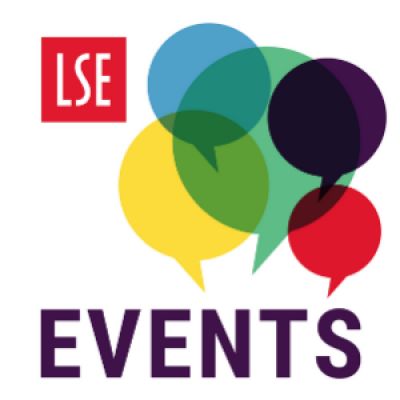The London School of Economics and Political Science public events podcast series is a platform for thought, ideas and lively debate where you can hear from some of the world's leading thinkers. Listen to more than 200 new episodes every year.
https://www.lse.ac.uk/newsAndMedia/videoAndAudio/channels/publicLecturesAndEvents
Literary Festival 2016: United Nations on Trial [Audio]
Speaker(s): The Hon. Mr Justice Jay, Gráinne Mellon, Professor Gerry Simpson, Paul Clark, Natalie Samarasinghe, Dr Nazila Ghanea, Professor Francoise Hampson, Antony Loewenstein, Carne Ross | The Charter of the United Nations, drafted in 1945, pledged in the name of the peoples of the United Nations to save us from the scourge of war; to reaffirm faith in human rights and the dignity and worth of all; to promote social progress and better standards of life in conditions of freedom. One does not have to take a very long look at the world around us to realise that this utopia of cosmopolitan peace and prosperity has not been achieved. Wars still wage, new and old global political divisions still run deep, the disparities in the global distribution of wealth are staggering. Is this conclusive proof that the UN has failed? Is it politically toothless and manipulated by the world’s most powerful states, as some believe? Has it become a bureaucratic, inflexible, cumbersome mega- structure prone to inertia and even corruption? Might it even be the case that the UN has in fact actively contributed to disasters, which it should have prevented according to its remit? A little over 70 years since the Charter was signed by the founding 51 members states, we will be putting the United Nations on trial. It will be a tough call for the prosecution. How does one bring charges against an institution, which many criticise but in which so many people around the world have placed so much faith? Nevertheless, this is not to say that it will be a walk in the park for the defence. The United Nations set the bar very high and they must be able to prove that there are good reasons for having disappointed the expectations that they created. Sir Robert Maurice Jay started practice at the Bar in 1983 after completion of pupillage. His practice was based mainly on public law, general common law, group litigation and public inquiries. Paul Clark (@_Paul_Clark) is a barrister for Garden Court Chambers. Paul provides representation and advice in public, civil, and international law. Gráinne Mellon (@GrainneMellon) is a barrister for Garden Court Chambers and Guest Lecturer on the LLM in Employment Law and in International Human Rights Law at LSE Law. Natalie Samarasinghe (@Natalie_UNA) is Executive Director of the United Nations Association – UK (UNA-UK), where she has worked since 2006. She is the first woman to hold this role. Gerry Simpson holds the Kenneth Bailey Chair of Law at the University of Melbourne and is currently a Soros Fellow (based at the Tbilisi State University, Georgia). Nazila Ghanea is Associate Professor of International Human Rights Law at the University of Oxford and serves is a member of the OSCE Advisory Panel of Experts on Freedom of Religion or Belief. Francoise Hampson taught at the University of Dundee from 1975 to 1983 and has been at the University of Essex since then. Antony Loewenstein (@antloewenstein) is an Australian independent freelance journalist, author, documentarian and blogger. He is a columnist for The Guardian. Carne Ross (@carneross) is a former British diplomat who resigned in 2004 after giving then-secret evidence to a British inquiry into the war. After he quit, he founded the world's first non-profit diplomatic advisory group, Independent Diplomat (@IDiplomat), which advises marginalised countries and groups around the world. Emmanuel Melissaris is Associate Professor of Law in LSE Law with research interests in Legal Pluralism and in Social Justice and Criminal Law.
